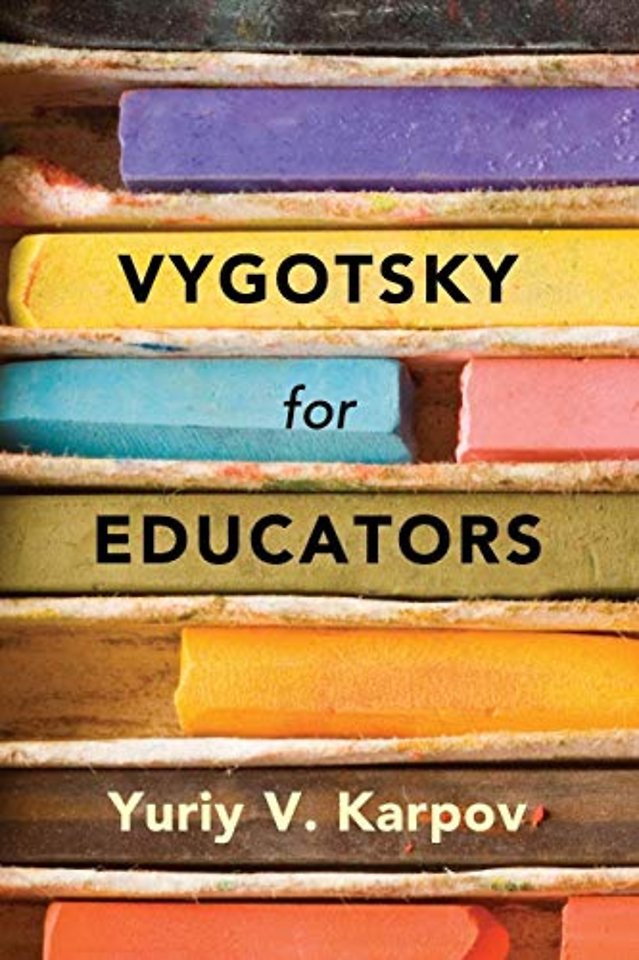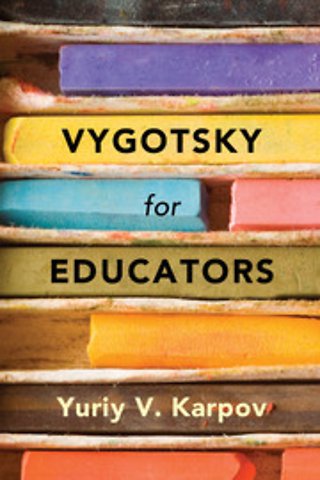Vygotsky for Educators
Samenvatting
Lev Vygotsky's approach to children's learning and development centers on adult mediation: adults engage children in age-appropriate activities and promote in this context the development of new motives and tools for thinking, problem solving, and self-regulation.
Although this approach has earned widespread recognition in the global scientific community, English-speaking educators remain relatively unfamiliar with its contemporary elaborations for practical application.
Yuriy V. Karpov offers the first comprehensive English introduction to contemporary elaborations of Vygotsky's ideas and their practical applications from birth through adolescence. He demonstrates the advantages of the Vygotskian approach over both traditional and constructivist education. This volume will prove an invaluable resource for educators and students in teacher education programs, as well as for everyone interested in educational and developmental psychology.
Specificaties
Inhoudsopgave
Part I. Mediation from Birth through Adolescence
1. The Vygotskian notion of mediation as the major determinant of children's learning and development
2. First year of life: infant-caregiver attachment as the foundation of further development
3. Second and third years: from object-centered explorations to exploration of the world of social roles and relationships
4. Three- to six-year-olds: why sociodramatic play is important and how to promote it
5. Mediation of preschoolers' activities to promote school readiness
6. Learning at school: children not only learn, they develop as well
7. Understand adolescents and make a difference!
Part II. School: What to Teach, and How to Teach
8. American cognitive psychologists and Russian Vygotskians about the content and process of learning at school
9. What do students learn in 'traditional' schools?
10. Does constructivist instruction present a good alternative to 'traditional' teaching?
11. The Vygotskian theoretical learning approach as an alternative to 'traditional' explicit instruction and to constructivist instruction; Conclusion: don't blame it on genes!







